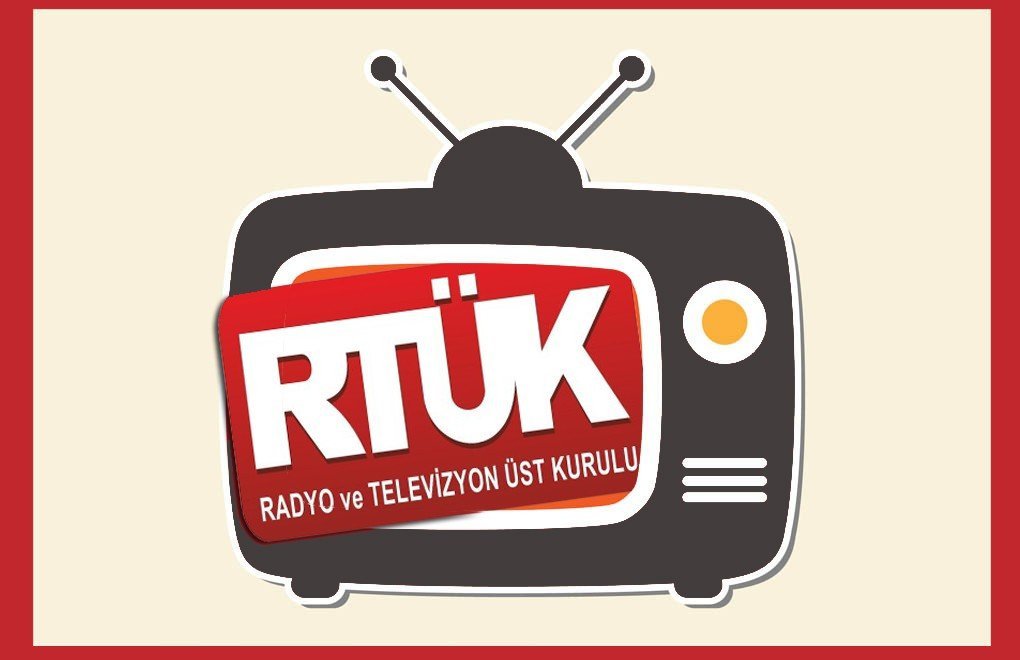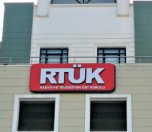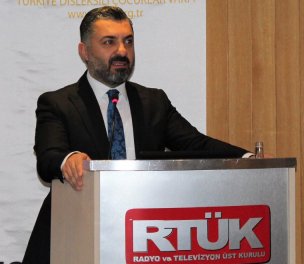Click to read the article in Turkish (1) (2)
Deutsche Welle (DW), Germany's international media outlet, has announced that it will not apply to Turkey's Radio and Television Supreme Council (RTÜK) to get an online broadcasting license.
In a written statement released by the DW on its website yesterday (February 21), it has been emphasized that "DW, alongside other international broadcasters, is one of the few remaining news outlets from which people in Turkey can obtain independent information."
"In addition to DW, Voice of America and Euronews were also given notice to apply for a license," the DW has recalled.
DW Director General Peter Limbourg has announced that the media outlet will lodge an appeal against the decision in local courts:
After having subjected the local media outlets in Turkey to such regulation, an attempt is now being made to restrict the reporting of international media services. This move does not relate to formal aspects of broadcasting, but to the journalistic content itself. It gives the Turkish authorities the option to block the entire service based on individual, critical reports unless these reports are deleted. This would open up the possibility of censorship. We will appeal against this decision and take legal action in the Turkish courts.
According to the DW's statement, "DW had established a liaison office in Turkey in accordance with the 2019 law and has been registered with the relevant Turkish ministry since February 2020. This registration is independent of DW's correspondent office in İstanbul."
'We cannot be subject to government control'
Shortly afterwards, the Voice of America (VOA) has also released a written statement and announced the it will not make an application for a license and take legal action against the RTÜK order.
The full VOA statement reads as follows:
On Monday, February 21, Turkish media regulator RTUK posted an official notice that the VOA Turkish language website would be blocked in 72 hours if VOA does not begin the process of applying for an "Internet broadcasting license."
Many media organizations within and outside of Turkey have expressed significant concern that this licensing requirement is designed to enable censorship of unfavorable press coverage.
Licensing is the norm for radio and TV broadcasting, because broadcast spectrum is a finite public resource, and governments have a recognized responsibility to regulate the spectrum to ensure it is used in the broader public's interest. The internet, by contrast, is not a limited resource, and the only possible purpose of a licensing requirement for internet distribution is enabling censorship.
VOA is a public service international broadcaster, VOA is legally required to provide "accurate, objective, and comprehensive" news coverage to audiences in all of the countries it serves. Accordingly, VOA's Charter prevents VOA from agreeing to or allowing its coverage to be censored in any way. Our editorial decisions are required to be governed at all times by the highest professional standards of journalism. So VOA could not comply with directives from a regulator to censor or remove content; nor then could VOA willingly agree to subject itself to such censorship.
"The threat to block the websites of the Voice of America, Deutsche Welle, or any other independent, public service, professional news service in Turkey is worrisome," said Acting VOA Director Yolanda López. "Voice of America's independent journalism cannot be subject to this or any government's control which results either in censorship or even the perception of it."
Accordingly, absent an alternative, VOA believes that it will be obliged to file an objection with Turkish regulators to the request to apply for a license.
What happened?
The Radio and Television Supreme Council (RTÜK), the media watchdog of Turkey, gave the Voice of America (VOA), Deutsche Welle (DW) Türkçe and Euronews 72 hours to apply for a license. With the notification published on its official website on February 21, the 72 days began.
Posting a message about the issue, RTÜK member İlhan Taşcı has announced that the decisions ordering the three international news websites to get a license have been uploaded to the RTÜK website.
Underlining that the indicated time period of 72 hours has begun, Taşcı has indicated that the RTÜK will request that the court impose an access block on the websites that do not submit an application.
RTÜK authorized to inspect online broadcastsAccording to the "Regulation on Radio, Television and On_Demand Online Broadcasts" published on the Official Gazette on August 1, 2019, Internet platforms such as Netflix have been obliged to get a license from the RTÜK. These websites also have to establish a company and pay taxes in Turkey so that they can continue operating in the country. The objective of the new legal regulation was explained as follows in the Official Gazette: "The objective of this regulation is to establish procedures and principles as to the online broadcast and transmission of radio, television and voluntary broadcasting services; the broadcasting licences to be granted to media service providers and the authority of broadcast transmission to be given to platform operators; and the inspection of the related broadcasts." It has also been indicated in the Gazette that the regulation in question will apply to "the private media service providing institutions that engage in online radio, television and voluntary broadcasts and the operators of these platforms that provide these broadcasting services." |
(TP/SD)











